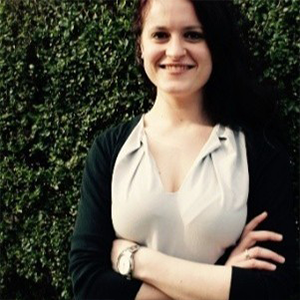Lessons learnt from developing and scaling innovative mobile solutions in Africa
In the last four years, the GSMA Ecosystem Accelerator programme has supported innovative start-ups across developing markets by providing grant funding, technical support and opportunities to partner with local mobile operators. As a result, the programme has catalysed the development and scale of mobile-based solutions with its portfolio of 20 African start-ups and 14 Asia Pacific start-ups.
We have gathered several lessons from developing and scaling these innovative mobile-based solutions. The video below contains our top three and this blog will unpack them and a further two lessons learnt from our portfolio of 20 African start-ups.
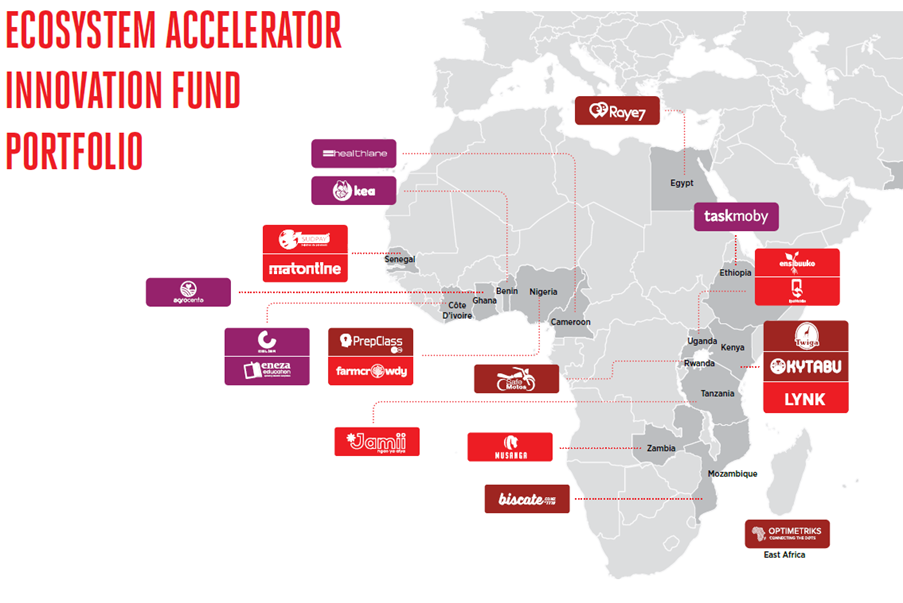
1. Perform ongoing user research to drive the adoption of mobile solutions
Continuous research proved useful for Healthlane (formerly known as GiftedMom), a mobile maternal health support app in Cameroon. After conducting extensive user research, Healthlane found that users consistently complained about private hospitals’ exorbitant prices. As a result, the start-up launched consultation units to provide services in high-density hospitals at a fraction of the private hospital price.
Another example is Taskmoby, an Ethiopian mobile platform connecting skilled service providers from the informal sector to customers. Taskmoby found that users were facing several pain points in finding skilled service providers. To address these pain points, Taskmoby now offers trained, cost transparent and reliable service providers who are accessible through USSD and Taskmoby’s app.
In addition to user research, user testing is key to confirm and correct certain assumptions driving business decisions. When user-testing for Coliba’s mobile plastic recycling solution in Côte d’Ivoire, the GSMA Monitoring and Evaluation team discovered that contrary to initial assumptions, people were not averse to recycling, but generally unaware about how the plastic they gave away to informal plastic collectors was ending up on the streets and in water bodies. The findings led Coliba to create awareness campaigns and marketing materials that appeal to people’s desire for clean surroundings.
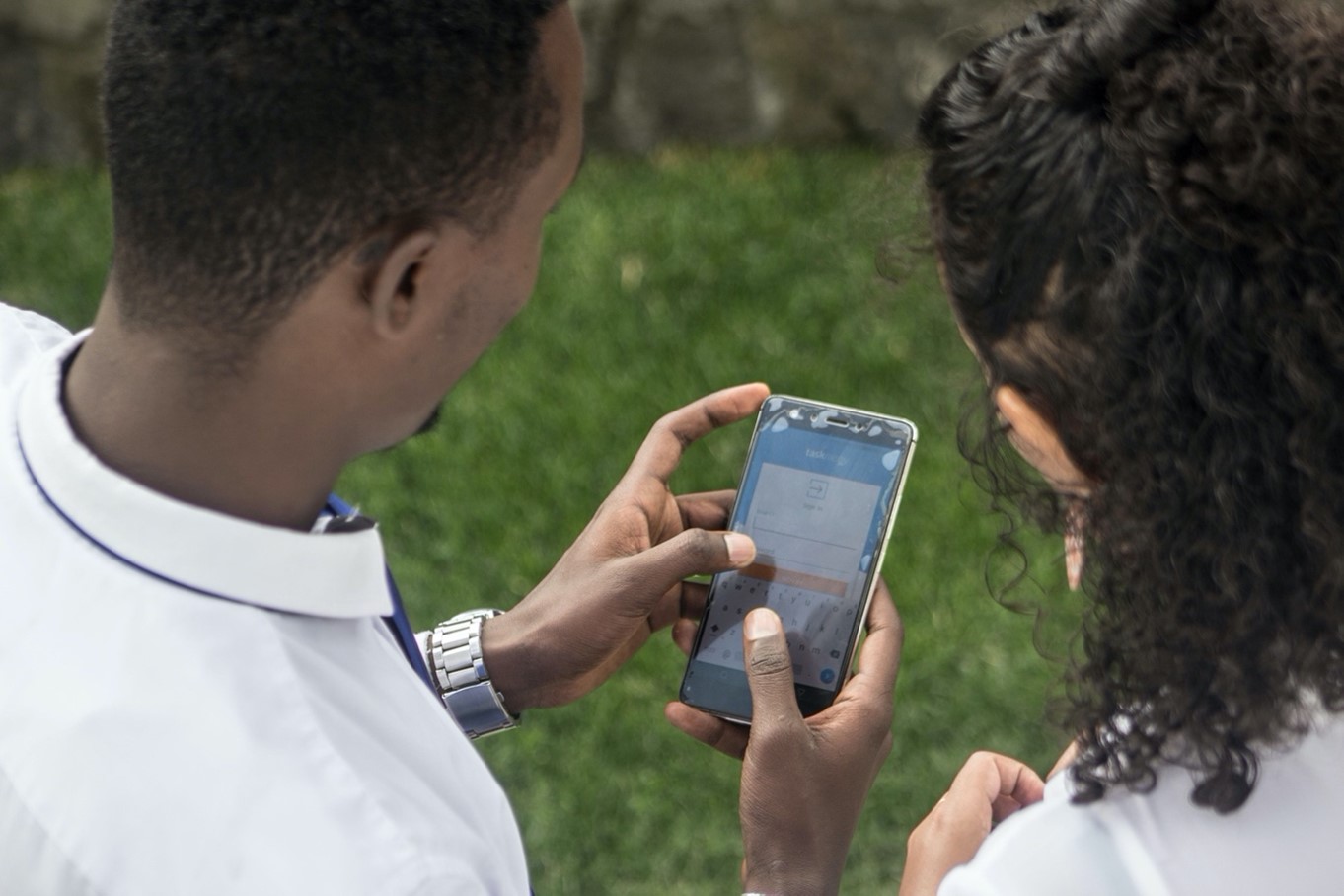
2. Adapt your business model in response to users’ needs
FarmCrowdy, a Nigerian online platform for individuals/businesses (also known as sponsors) to invest in farming projects, realised that its sponsors are always actively looking for opportunities beyond agriculture. So, FarmCrowdy looked into opportunities that addressed other Sustainable Development Goals (SDGs). This enabled them to scale up significantly and build CrowdyVest, a platform which is now catering to all 17 SDGs one by one, starting with Agriculture and Transportation.
Musanga, a Zambian mobile platform that initially delivered parcels through a network of independent cyclists and drivers, learnt that making more deliveries did not always equate to higher profits. Musanga shifted its strategy to focus on larger truck shipments to reduce the unit cost for customers and increase the revenue for drivers. It focused on creating a network with reliable modes of transport which increase activity rates.
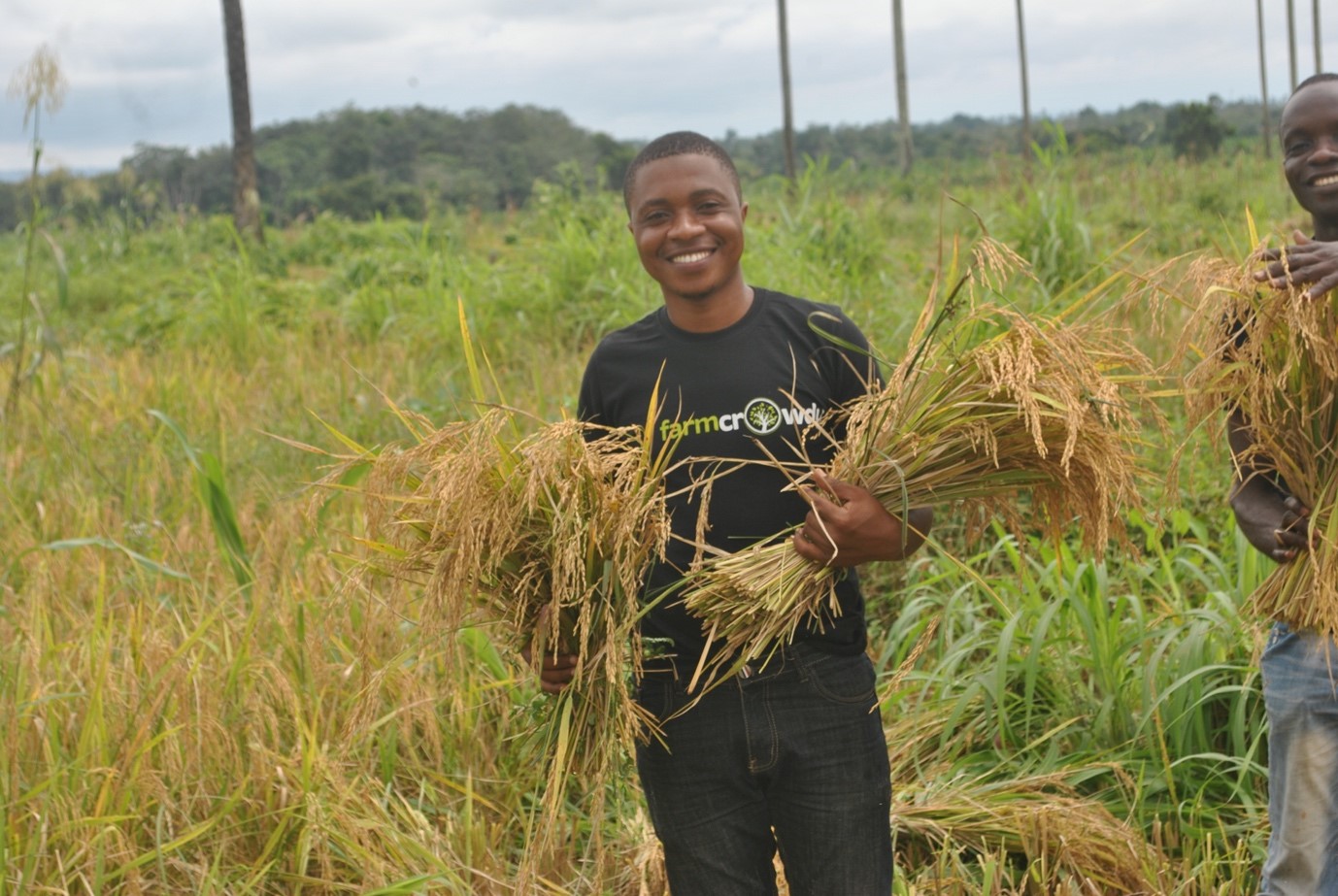
3. Leverage offline channels and agent networks to acquire and educate customers
Logistics start-up Musanga carried out surveys that revealed that less than 20 per cent of all the drivers on its platform have access to the internet on their mobile phones. This drove Musanga to hire acquisition agents across the country to encourage drivers and SMEs to sign up for its logistics service. Similarly, Optimetriks, a start-up operating in East Africa that crowdsources mobile-based and real-time data for African retail companies, found word-of-mouth marketing highly effective for customer acquisition.
Biscate found that having an ambassador network for its informal sector job-matching platform in main cities in Mozambique enabled the start-up to reach more workers, customers, and training institutes countrywide. In Maputo, 150 ambassadors were trained and given Biscate manuals, t-shirts, caps, backpacks to represent the brand. To deal with human resource limitations, Biscate found the right partner with operatives in other provinces to manage the ambassadors.
In an evaluation for Eneza Education, an EdTech service in Cote d’Ivoire, the GSMA Monitoring and Evaluation team helped uncover the role of parents as gatekeepers to the adoption of the service. As a result, Eneza Education adjusted its marketing plans accordingly to include parents as a target audience. This reiterates the importance of identifying and leveraging stakeholders who can be enablers and gatekeepers.
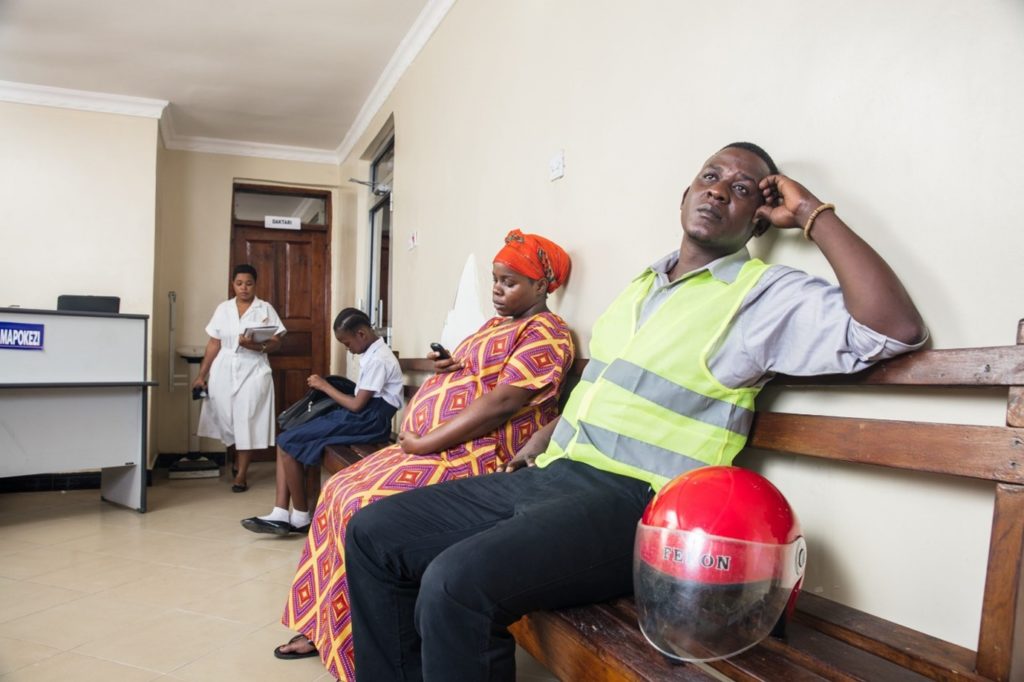
4. Partner with mobile operators to enhance brand equity and credibility
Mobile micro-health insurance start-up Jamii leveraged Vodacom Tanzania’s brand to drive the adoption of its insurance product. The start-up noted that Vodacom’s trusted brand has been instrumental in encouraging more people to pay for the micro-health insurance product. While Jamii has its own team of sales agents, they had to leverage already existing Vodacom channels to penetrate the market at a faster pace.
The partnership with MTN Côte d’Ivoire increased Coliba’s credibility among potential users and partners who were initially sceptical about the start-up’s mobile plastic recycling solution. Coliba has a co-branding agreement with MTN Côte d’Ivoire and a commercial partnership that allows the start-up to pay its recycling collectors through MTN’s mobile money solution. Also, households recycling with Coliba are rewarded with MTN data credits.
It is important to make sure that you allocate enough time in your schedule to work with an MNO partner. Twiga Foods, a mobile-based supply platform for fruit and vegetable vendors in Kenya, said its integration took longer than expected as there was an extensive discussion with Safaricom on how to integrate correctly. However, they reached a point where future integrations will take less time as they have already built relationships with the right departments within Safaricom. This is why it is crucial to build a strong relationship with the right people within your MNO partner.
5. Form strategic alliances and partnerships with sector bodies and other stakeholders
Agrocenta, a mobile financial solution for smallholder farmers in Ghana, found that farmers were sceptical to new partnerships, technologies, tools and services due to a history of failure when working with development agencies and NGOs. Farmers were therefore reluctant to divulge information and participate in training sessions. Due to this legacy of mistrust, farmers look to farmer groups, cooperative leads and traditional leaders before signing up. By engaging with these groups beforehand, Agrocenta ensured sustainability of registration and training exercises by obtaining assurance and buy-in before mass recruitment efforts. Additionally, the choice of materials for farmer training should be audio-visual and packaged in local languages in order to drive high engagement levels.
In retrospect, mobile medical identity provider in Benin, Kea Medicals, could have mitigated execution risk by forming alliances with multiple stakeholders such as hospital bodies, the Ministry of Health, other MNOs and DFIs. Therefore, building strong partnerships across the health ecosystem has naturally emerged as a key priority for the Kea Medicals team in order to reduce risk, increase runway and scale efficiently.Similarly, Healthlane found that hospitals in Cameroon were the most efficient ways to acquire users. This led the health start-up to set up fast-track consultation services in conjunction with partner hospitals.
TaskMoby has been working with several partners to drive product adoption of their informal sector job matching solution. One of their partners is Jaquar, a local retailer of bathroom solutions. Taskmoby plumbers perform installation and maintenance of their products. Other partners include Mercy Corps Youth Impact Lab programme, LIWAY (Livelihoods Improvement for Women and Youth) and financial institutions.
The Ecosystem Accelerator programme is supported by the UK Foreign, Commonwealth & Development Office (FCDO), the Australian Government, the GSMA and its members.



